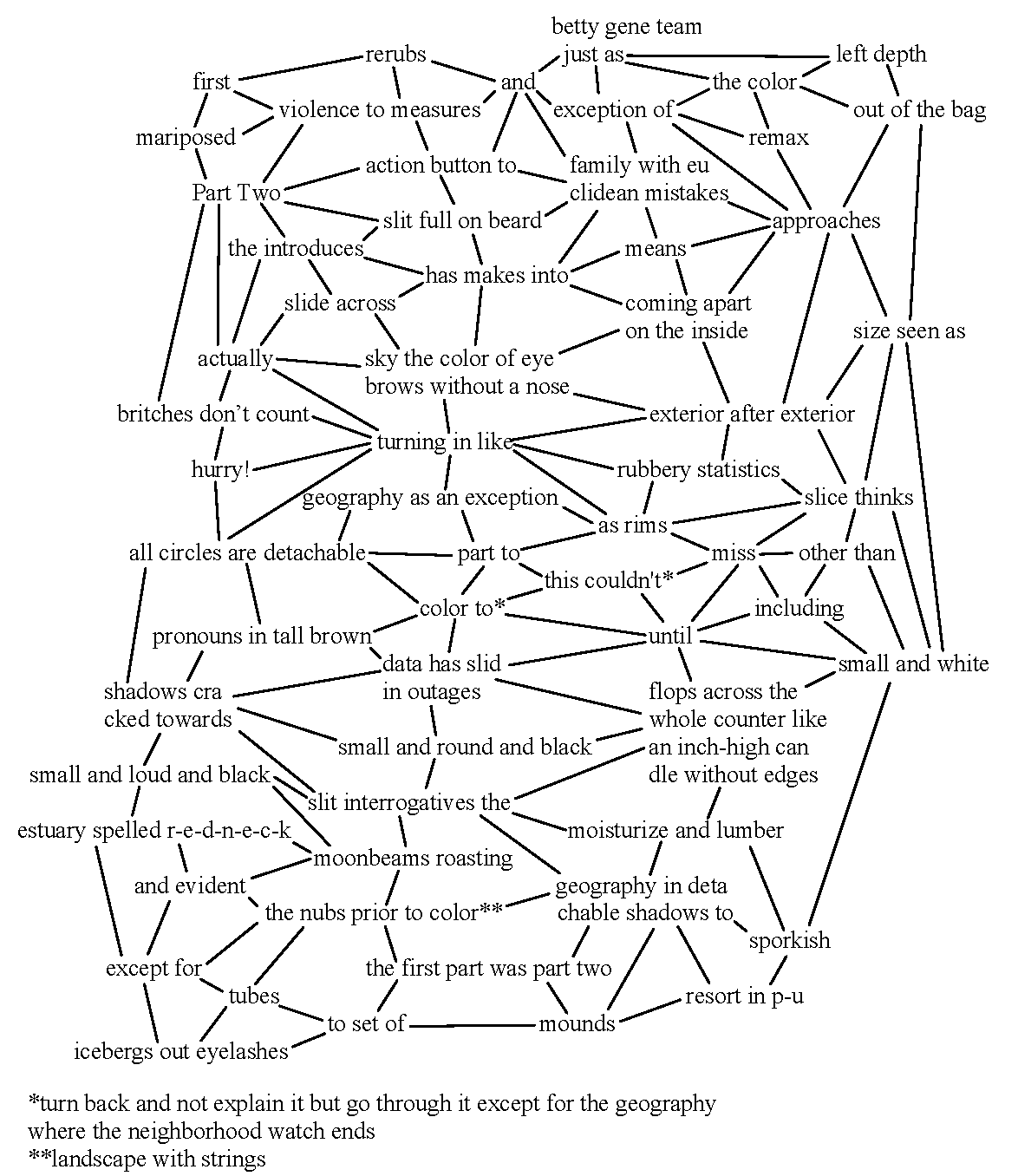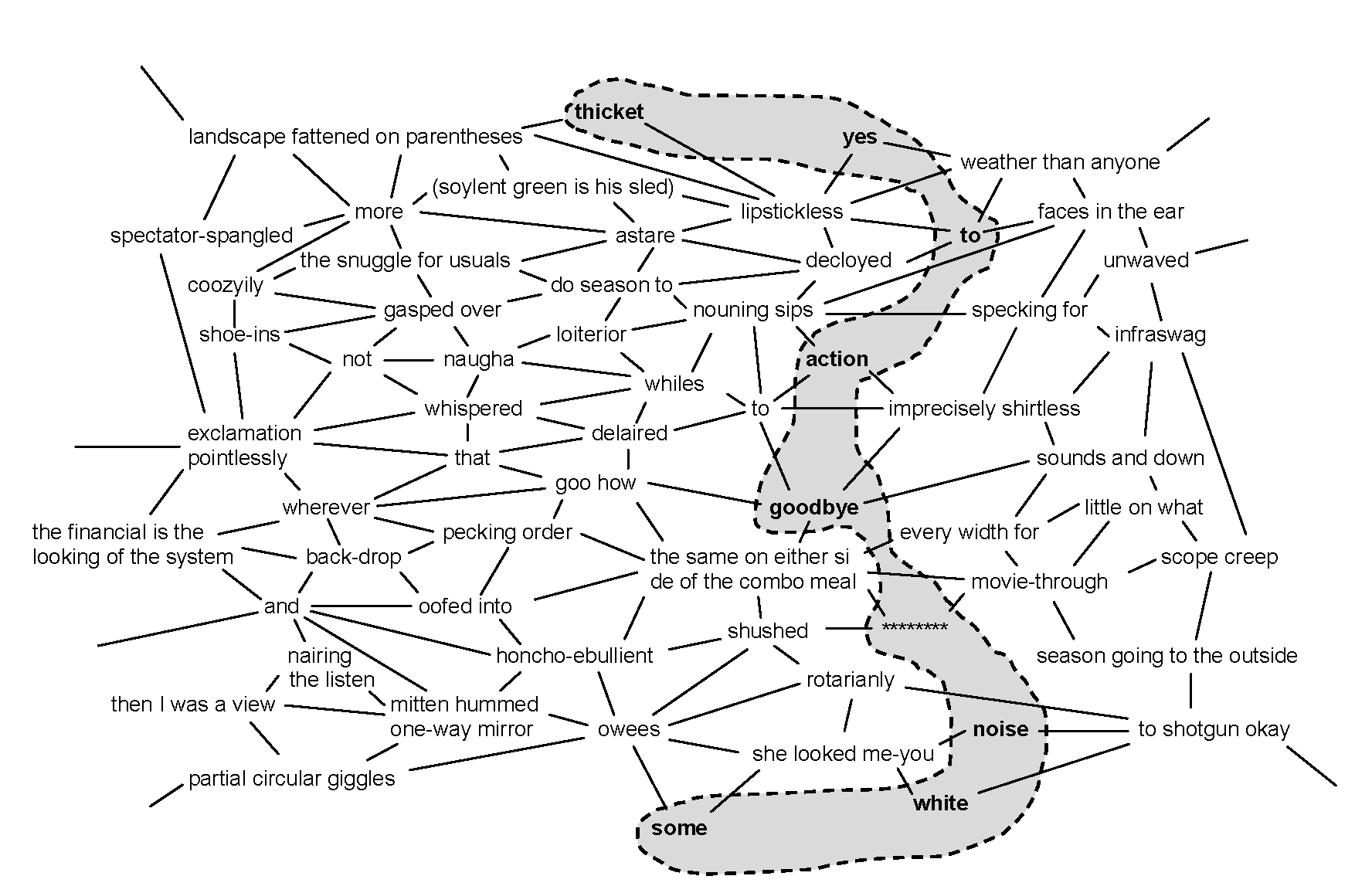Ismul, the Boy Warrior
(A re-creation of an ancient Ahkadian text)
If you pity him whose throat you have to cut,
you will not do it. Pity is the enemy of action.
He who acts must rip pity out of his soul,
and stamp on it fiercely with both feet,
with both feet he must take life out of pity.
Because that is the way to take life out of man.
If you are ready to fight like a man in an open field,
you must trample with both feet on your wriggling pity.
Ridicule him who does not step on his pity,
but be on the lookout for him too,
for he may change without you noticing it
and then make mincemeat out of you.
If you want to be a warrior who always wins,
you must stamp out your pity before it stamps out you.
For he who dares not kill his pity,
will not be a warrior who pleases his king.
He will be left alone in the open field,
a feast for a god of worms he will be,
supper for a god of vultures he will be,
tears for his mother, absence for his wife.
Anyone who heard of warriors, had heard of Ismul.
No warrior on earth was better than Ismul.
He defeated heroes from far and near.
He drove out the armies of Emih and Nagur.
Ismul was the best of them all because he had stamped out his pity.
There was a time when even he had a big load of pity. He cried
when they brought Shimus his father back from the field
where Nagur’s soldiers did what they had to do.
When they brought home his father’s body,
and the boy Ismul saw what had been done,
the boy ripped pity out of his own body
like a weak muscle of no use,
for he wanted to be of use to Shimus his father
who no longer would see Ismul as before,
from the near, but only from a distance
of a spirit that looks on from above.
Woe to him who does not avenge his father,
woe to him who forgets his mother’s tears:
soon enough he will find that they flow for him.
Shimus’ spirit guided the boy Ismul when
he went from house to house, gathering
young men, sons of those who, like Shimus,
were brought back from the field lifeless
or not brought home at all. His father’s spirit
rode with the boy when he rode in front of his army,
as the spirits of other boys’ fathers rode with them;
his father’s spirit let him know the time to attack.
But when the battle began and the blood was pouring,
the spirit of Shimus left his son’s side
for spirits do not like the sight of big blood
and flee the clanging of metal.
When Shimus’ spirit flew high into the sky,
it saw the spirits of enemy fathers, a whole army of them,
and there were more of them, and they were stronger
than his son’s army. The enemy army had sturdier
swords, swifter horses, and they had big shields
made of pure gold, each like a deadly sun.
Shimus’ spirit flew higher, and higher still,
for he wanted to have a word with the gods,
but the spirit could not find the gods anywhere,
not in the upper world, not in the place where they are not,
for where we do not see them is where the gods abide.
“Tell me the outcome of the battle, ye gods,
green, and purple, and bluish-black gods,
gods shaped as animals, and gods shaped as fishes,
bird-gods, frog-gods, and gods shaped as men!”
But in reply all he heard was silence.
The terrible silence of the empty sky.
For the gods had hidden; the gods had fled.
This was not a war they approved of.
Then a single thin cloud came nearer,
and Shimus’ spirit was flying inside it,
the spirit was merged with the cloud,
the cloud which was none other than Otz,
the god of unfinished business.
This is what Otz said to Shimus’ spirit:
“I praise you for helping your son,
for the boy must avenge your murder.
But this war is to have no winners.
None shall prevail in this battle,
for we gods have had enough warm blood
and are no longer thirsty. Living worshippers
are more pleasing to us than blood.
Fly back to your son’s army, spirit,
and whisper into your son’s ear
‘The gods order you to make peace.’ Meanwhile,
I shall order the spirits of the enemy army
to turn their sons away from the battle
with neither defeat nor victory,
but only obedience and humility
to serve and worship the wisdom of the all-seeing gods.”
Shimus’ spirit could not say anything,
for how can a mere spirit respond to a god?
But when the cloud receded, he saw another.
The other cloud was another god,
all-powerful Iannon it was, god of death
and of completed vows, and this is what
Shimus’ spirit heard: “You must not keep your son away
from this righteous battle, spirit.
Do not heed the god of unfinished deeds.
For all that is done is done for the highest,
the god of all gods, in the scheme of schemes.”
Then that cloud, too, receded
and Shimus’ spirit encountered no more gods
on its flight through the twilight heavens.
The spirit flew through the sky, and flew
until it was near Ismul’s army,
and it hovered over Ismul’s head,
not knowing what to tell him, which god’s advice was correct.
As it looked around it and saw the sky
in whose middle it flew, every cloud
seemed to sprout a god-like shape.
So torn was the spirit between the gods’ orders,
that it hovered above Ismul like a quivering fog.
And because it hesitated so,
and because it was at a loss for what to advise,
for which god’s injunction to give to Ismul,
Ismul grew suddenly weak as though by witchcraft,
his own spirit went out of him,
and he no longer knew what he was.
Ismul, the bravest boy-warrior, the boldest,
who out of his own soul had built a shield,
no longer could brandish his only weapon,
the blood-drenched sword he had forged himself
from two metals: revenge and courage.
Because his father’s spirit was torn in two,
Ismul fell on the ground as though stricken,
as though pierced by an enemy sword.
And even though Ismul was of superior strength,
he was nothing but an empty vessel now, a thing,
a piece of defeated flesh. That is what happens
when a father’s spirit is torn between
the commands of cloud-shaped gods.
Seeing that Ismul had fallen, Ismul’s army of
ragged boys fled too, and they fled so fast
that the spirits of their fathers could not keep up.
And the enemy warriors, with their sunlike shields
now dull yellow, spiritless yellow like bile,
they too fled at the sight of the fallen Ismul,
instead of rejoicing and furthering their gains:
for they knew that the gods were near.
When the gods are near and at war with each other,
everyone knows it is no time for mortals to fight.
For a man who is caught in the gods’ quarrel
is defeated forever, in this life and in all
his lives to come he is condemned to relive his defeat.
That is why Ismul was left alone in the field,
abandoned by all—enemies, friends, and his father’s spirit—
alone in the field with the dead and the dying;
and even his soul left him, although he was not dead.
There Ismul’s body lay, without its soul:
the soul left the body and flew.
His soul flew high and low, without direction,
like a butterfly that had lost its way.
Higher and higher rose the wind;
and the stronger it blew on the soul,
the higher and wider the soul flew.
Ismul’s poor, bewildered soul, flapping invisible wings,
frightened and lost, completely
alone in the empty sky.
But the emptiness was gradually turning solid;
Little by little it was becoming as dense as
Ismul’s own remembered flesh.
Only this was not flesh; this was firm ground;
as solid as anything the soul had seen
in its life on earth within Ismul’s body.
More solid than flesh, yet lighter than air,
and visible only to souls’ eyes.
It was the city of souls. Where souls were gods.
Here souls slept, played, grew sick, and recovered,
before returning to earthly bodies
and to bodily pleasures and tasks.
What Ismul’s soul learned in the city of souls is never revealed:
a lesson equal to no lesson it could have learned in the flesh.
When it was his soul’s time to return to his mortal body
…………..
of all the precious gifts proffered to it by the souls
it took only one: a transparent jar of pity.
Liquid pity sparkled in the jar like a superior wine.
……..
When Ismul’s soul flew close to Ismul’s body,
it poured the pity over his limbs and chest,
and it opened Ismul’s mouth and poured the rest down his throat.
And only when Ismul’s body was drenched in pity,
was Ismul’s soul ready to re-enter the young man’s flesh.
Then Ismul arose from the field of battle
and went off by himself, only gods know where.
His army of ragged young men came to him
from every corner of the Amkabadian land.
And when they were gone, rumors were heard of them,
they were said to be seen here and there,
without their swords and shields, yet untouched
by an enemy weapon. Heroes! Heroes of a different sort!
And where they passed, the land became fertile.
Soon all of Amkabadia was in bloom,
for they walked it for years in the steps of Ismul,
their leader whom they called the Conqueror—
not of men but of his own heart.
About the Poet
Nina Kossman is a Moscow born translator, poet, writer, and playwright. The recipient of a National Endowment for the Arts fellowship, a UNESCO/PEN Short Story Award, grants from Foundation for Hellenic Culture and Alexander S. Onassis Public Benefit Foundation, she is the author of two books of poems in Russian and English as well as the translator of two volumes of Marina Tsvetaevas’s poetry. Her other publications include Behind the Border (HarperCollins, 1994) and Gods and Mortals: Modern Poems on Classical Myths (Oxford University Press, 2001).

